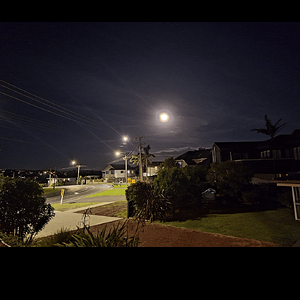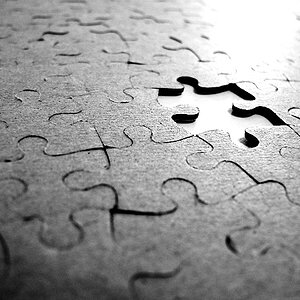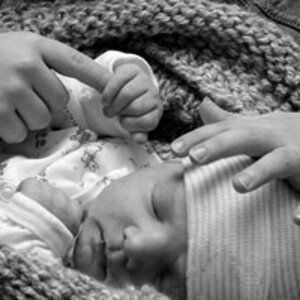imagemaker46
Been spending a lot of time on here!
- Joined
- Mar 9, 2011
- Messages
- 4,422
- Reaction score
- 1,705
- Location
- Ottawa, Canada
- Website
- imagecommunications.ca
- Can others edit my Photos
- Photos NOT OK to edit
1. Control the situation you are working in.
2. Don't let missed photos set you back. You can't get them all.
3. Learn to really see light, and look past what you are shooting. Bad backgrounds kill photos.
2. Don't let missed photos set you back. You can't get them all.
3. Learn to really see light, and look past what you are shooting. Bad backgrounds kill photos.













